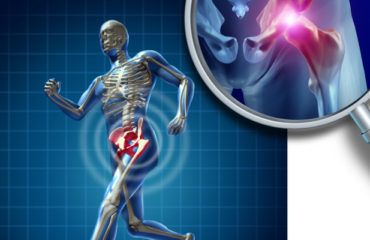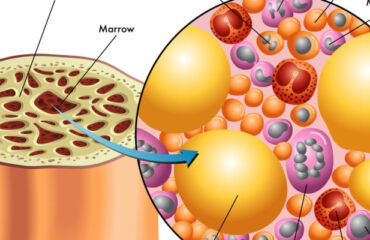
Stem cells possess remarkable potential in medical applications due to their ability to differentiate into diverse cell types and renew themselves. They play a crucial role in the body by generating specialized cells that form tissues such as muscles, bones, blood, and the brain.
Types of Stem Cells Based on Origin
Embryonic Stem Cells (ESCs)
Embryonic stem cells are pluripotent cells derived from embryos up to 5 days old. They can differentiate into any cell type, making them valuable for tissue repair and regeneration. Ethical considerations limit their use in research and clinical applications.
Adult Stem Cells
Found in mature tissues throughout the body, adult stem cells can differentiate into specific cell types related to their tissue of origin. Recent studies suggest they may have broader differentiation potential similar to embryonic stem cells. Adult stem cells, such as those from bone marrow, are used in therapies for bone, cartilage, and blood vessel repair.
Induced Pluripotent Stem Cells (iPSCs)
Generated from adult specialized cells through genetic reprogramming, iPSCs exhibit characteristics akin to embryonic stem cells without ethical concerns. They show promise in treating neurological disorders and other conditions, offering versatility and reduced risk of rejection compared to adult stem cells.
Current Applications of Stem Cells by Type
Adult Stem Cells
Adult stem cells from bone marrow are crucial in treating leukemia and related cancers via bone marrow transplants. They also aid in repairing cartilage defects and enhancing outcomes in spinal cord injuries and peripheral vascular disease.
Induced Pluripotent Stem Cells (iPSCs)
Research using iPSCs derived from skin cells highlights their potential in treating neurological disorders like Parkinson’s disease and age-related macular degeneration. Studies have successfully grown human liver buds from iPSCs, opening new avenues for organ regeneration and disease treatment.
Challenges and Future Directions
While adult stem cells and iPSCs offer extensive therapeutic possibilities, challenges such as immunological rejection remain significant barriers. Ongoing research aims to overcome these hurdles and expand the clinical use of stem cells in various medical fields.
For more information on stem cell research and therapies, explore our comprehensive resources and stay updated on the latest advancements in regenerative medicine at www.issca.us.




